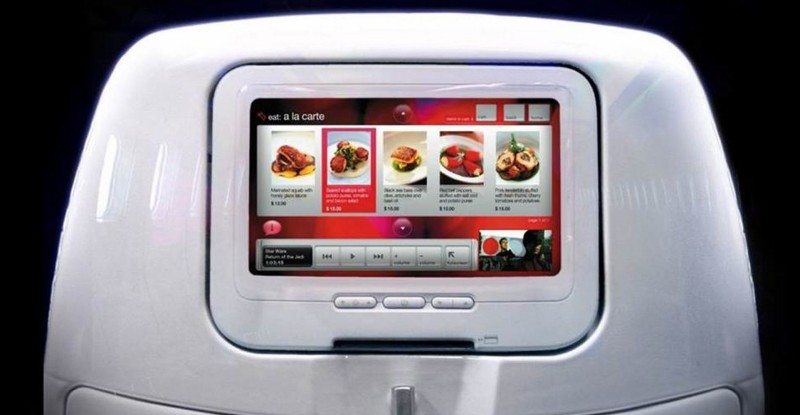If Virgin America succeeds in its quest to access two gates at Southwestʼs stronghold of Dallas Love Field, the new service will create another passenger experience dimension for curious travelers looking for something new.
Two events have coalesced to make Love Field a hotbed of activity. The elimination of the Wright Amendment that prohibits longer haul flights from the airport and a requirement by the US Department of Justice (DOJ) that American and US Airways relinquish two gates at the airport currently leased by Delta from American. Delta has stated its intent to remain and expand at Dallas Love, and has even loaded schedules with new service to Detroit, Los Angeles, Minneapolis and New York LaGuardia set to begin later this year. Those flights would join Deltaʼs existing service from Love Field to Atlanta.
Virgin America maintains that the settlement agreement among American, US Airways and DOJ requires those carriers to divest gates at several airports “to facilitate entry and expansion by low-cost airlines”. Virgin America has already acquired slots at Washington National and LaGuardia that American and US Airways agreed to relinquish in order to gain DOJ approval for their merger.
It is anyoneʼs guess how the DOJ plans to spread the “Love”, at Love Field, but Virgin Americaʼs product positioning could create an interesting dynamic for Southwest. Virgin America aims to serve Los Angeles, San Francisco, LaGuardia and National from Love in October. Southwest has previously announced plans to launch service to Chicago Midway, LaGuardia and National later in 2014 once the Wright Amendment is fully repealed.
One question arising now that Virgin America has drawn battle lines in Texas is if the carrierʼs more upscale product can lure passengers away from Southwest. Virgin Americaʼs average fare of about $202 for the first nine months of 2013 was about $48 higher than Southwestʼs $154 average fare for all of 2013 (Virgin Americaʼs full year financial results are not yet available).
“My assessment overall is that if Virgin America can price itself right for the three market segments it needs to attract, it’s got a real chance of making Dallas flights work,” says John Walton, director of data at flight ratings, search and data site Routehappy.
He concludes those three segments are current Southwest customers at the airport, new passengers and customers of other full-service carriers operating from Dallas/Fort Worth.
Walton says while both carriers offer Wi-Fi, Virgin America has plugs and USB sockets on all its aircraft. “With passengers able to count on plugs aboard just 5.2% of US flights [Routehappy research, November 2013], Virgin America is at an advantage here — particularly given the FAA Portable Electronic Device rules,” he explains. Those
regulations result in passengers needing nearly an hour more battery time on their devices, he concludes. “That will be particularly useful for business flyers, for whom the closer-in Love Field is already attractive.”
Another attribute that could work in Virgin America’s favour are the carrier’s larger seats in economy class. The carrier’s regular economy seats feature a 32in pitch that are much wider than average, Walton explains. Southwest has 31in seat pitch on most of its aircraft, and its seats are a regular width. “It It will be interesting to see whether Southwest responds by scheduling its 737-800 aircraft, which have roomier 32in seating, on Dallas runs to compare,” Walton notes.
Virgin America also has its Main Cabin Select extra legroom product and the Cradle Sleeper in first class. “If they [Virgin America] can fill that up, then thereʼs a real revenue opportunity for them,” Walton concludes.
Overall Walton believes “there is a set of market segments out there who want more amenities than Southwest provides from Love Field”. Perhaps Virgin America has drawn the same conclusions.









